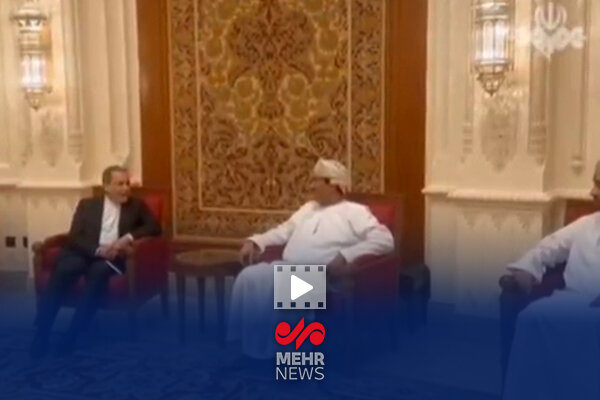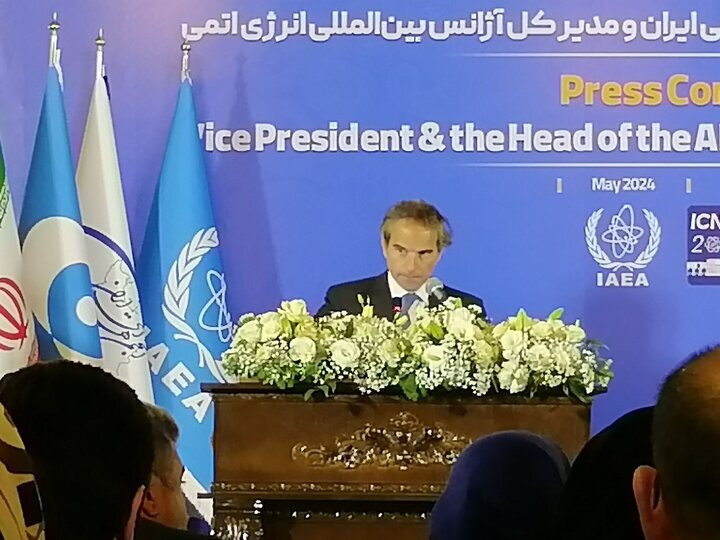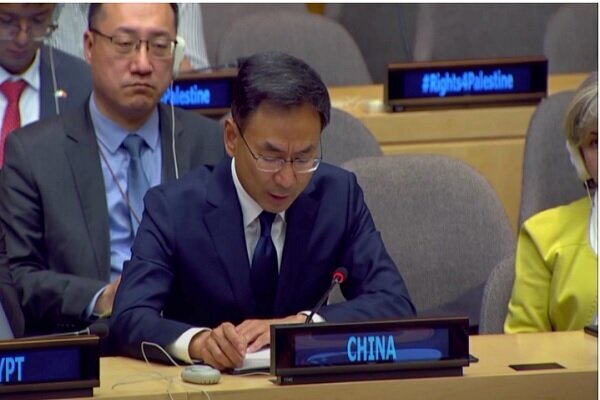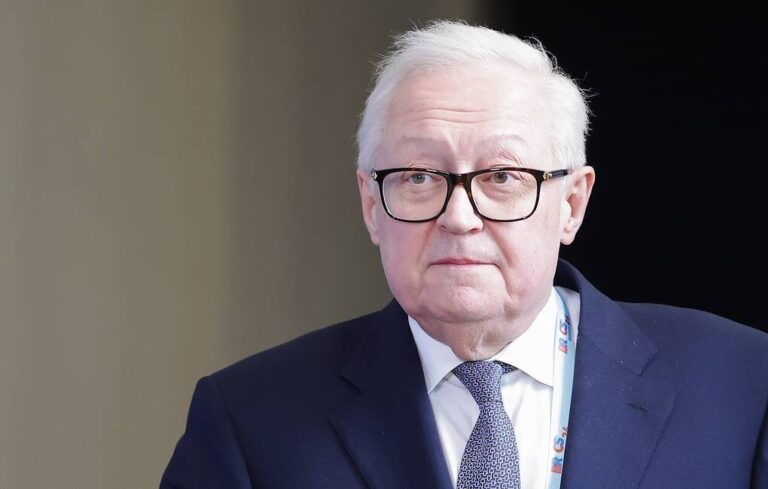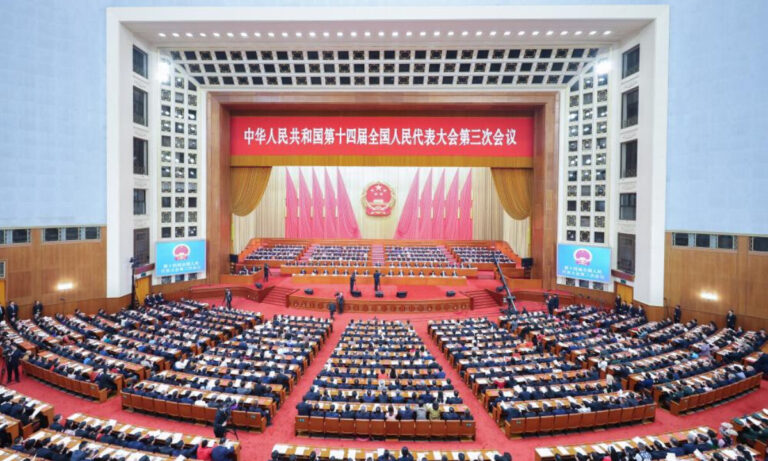Iranian Delegation Engages in Key Talks with Omani Officials: A Strategic Diplomatic Dialogue
On April 8, Iranian Foreign Minister Abbas Araghchi emphasized that the recent Oman talks represent a significant opportunity to gauge the commitment of the US, given its historical pattern of non-commitment and unilateral actions. This situation is particularly relevant in light of past events surrounding Iran’s nuclear program.
In 2018, during his first term as president, Donald Trump made a controversial decision to withdraw the United States from the Joint Comprehensive Plan of Action (JCPOA), an international agreement designed to limit Iran’s nuclear capabilities. This withdrawal initiated a maximum pressure campaign against Iran that has shaped US-Iran relations ever since.
Following his return to the White House in January, Trump has indicated a potential shift in strategy, expressing interest in negotiating a new deal to replace the JCPOA. This change comes with complexities, as it reflects ongoing tensions and the need for diplomatic engagement.
On March 12, Trump reached out to Iran in a letter directed to Leader of the Islamic Revolution Ayatollah Seyyed Ali Khamenei. In this correspondence, he proposed negotiations aimed at establishing a new agreement, while simultaneously issuing threats of military action should Tehran refuse to engage.
Iran’s response has been clear: while they have rejected the idea of direct negotiations with the US under conditions of pressure and threats, they remain open to indirect talks. This stance highlights the delicate balance of diplomacy required in these discussions.
Key Points from the Ongoing US-Iran Negotiations
- Historical Context: The US has a track record of unilateral decisions that have impacted its relationships with Iran.
- Trump’s Withdrawal: The US withdrawal from the JCPOA in 2018 was a pivotal moment that escalated tensions.
- Maximal Pressure Campaign: This approach aimed to curb Iran’s nuclear ambitions but has drawn international criticism.
- Potential for New Agreements: Trump’s willingness to negotiate a new deal indicates a possible shift in US foreign policy.
- Iran’s Position: Iran remains firm on its refusal to negotiate under duress but is open to indirect discussions.
As the situation evolves, the international community watches closely. The outcomes of these negotiations could have far-reaching implications for global security and the stability of the Middle East. The potential for renewed dialogue offers a glimmer of hope, yet the challenges ahead are significant.
With the backdrop of these diplomatic efforts, it is essential to consider the broader implications of US-Iran relations. The interplay between military threats and diplomatic overtures will shape not only the future of these two nations but also the dynamics of international relations in the region.
In summary, the Oman talks represent a critical juncture for both the United States and Iran. The commitment to engage in constructive dialogue could pave the way for a more stable and peaceful future, provided both parties can navigate the complex historical context and current geopolitical realities.
